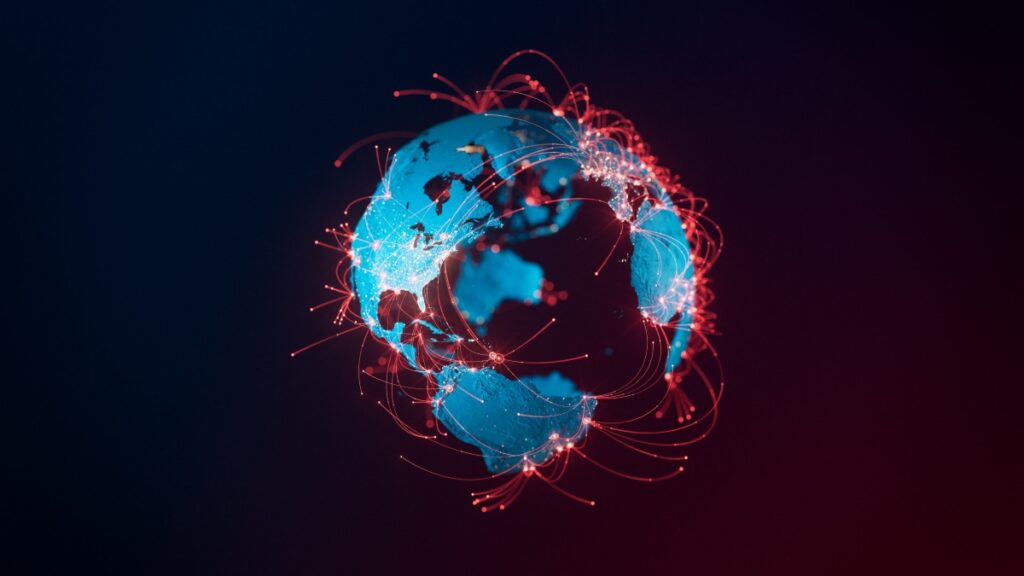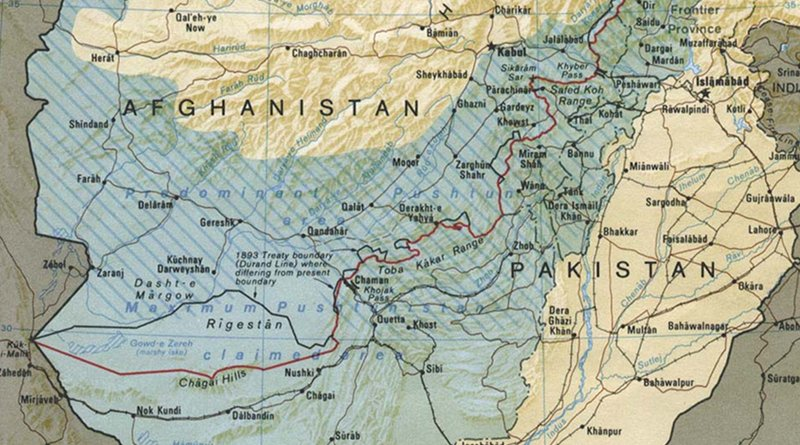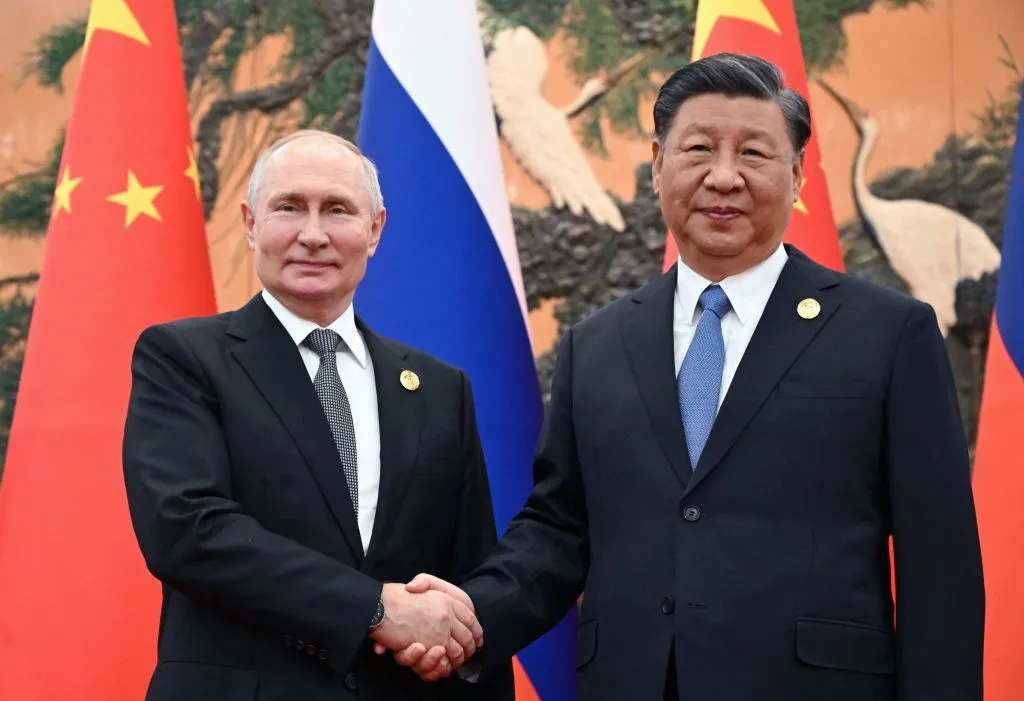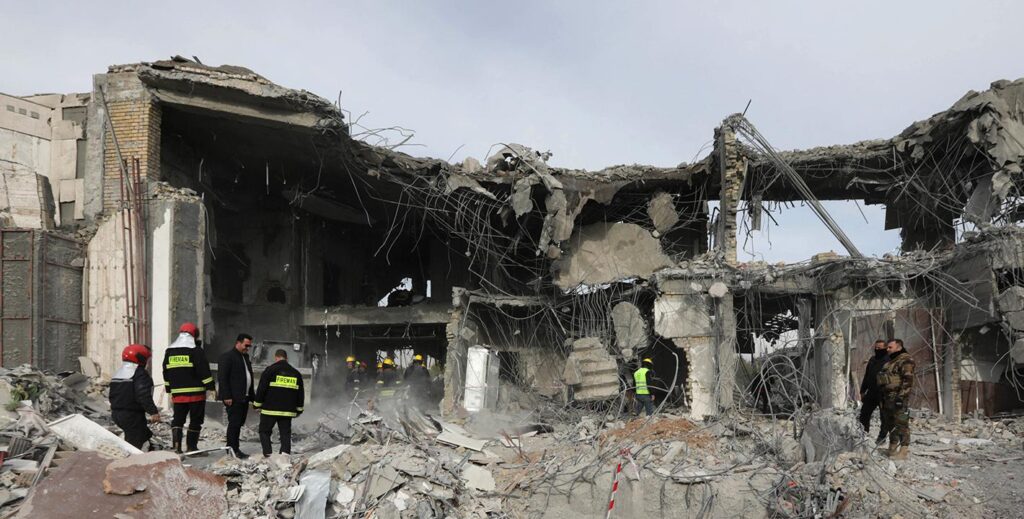The Free World: An Alarming Status Report

It seems urgent for the long-term survival of the United States and the Free World – where people enjoy unprecedented freedom of speech, property rights, economic opportunity, religious freedom and other civil liberties – not to accept assaults on these hard-won achievements either at home or abroad.







